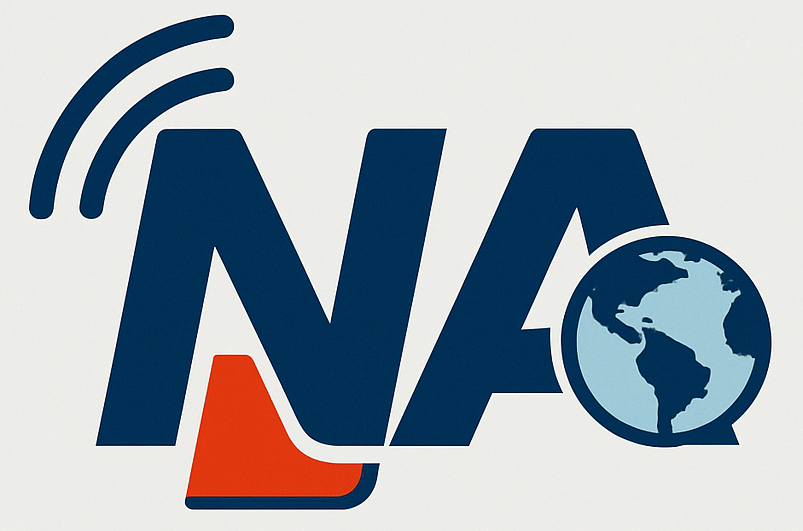April 16, 2025 | Visakhapatnam, India
In a significant development, Paytm CEO Vijay Shekhar Sharma, the founder and CEO of Paytm, has voluntarily relinquished 2.1 crore employee stock options (ESOPs) following regulatory scrutiny by the Securities and Exchange Board of India (SEBI). The decision comes after SEBI raised concerns over the compliance of these ESOP grants with existing regulations.
Background of the Issue
In 2022, Paytm had granted 2.1 crore ESOPs to Sharma. However, SEBI’s regulations prohibit large shareholders—those with significant influence over company decisions—from receiving such stock options. At the time of Paytm’s initial public offering (IPO) in 2021, Sharma held a 14.7% stake in the company. To align with regulatory requirements, he reduced his shareholding to 9.1% by transferring 30.97 million shares to Axis Trustee Services, representing the Sharma family trust.
Despite this adjustment, SEBI issued show-cause notices to Sharma and other board members involved in the IPO, alleging misrepresentation of facts and questioning the eligibility of the ESOP grants. SEBI contended that Sharma’s influence over the company remained substantial, thereby violating the norms governing share-based employee benefits.
Paytm’s Response and Legal Standpoint
Paytm has maintained that it disclosed all relevant information regarding the ESOP grants in its financial results for the quarters ending March 31 and June 30, 2024. The company stated that it is in regular communication with SEBI and is making necessary representations to address the concerns raised.
According to Paytm’s filings, the management obtained an independent legal opinion suggesting that the company complied with the pertinent regulations. Consequently, Paytm believes there is no impact on its financial results for the year ended March 31, 2024.
Market Reaction and Future Implications
Following the news of SEBI’s notice, Paytm’s shares experienced a decline, reflecting investor apprehension over regulatory compliance and corporate governance practices. The company’s stock tumbled over 4% on the day of the announcement, indicating the market’s sensitivity to such developments.
This episode underscores the increasing scrutiny Indian regulatory bodies are placing on corporate governance, especially concerning the classification of promoters and the issuance of ESOPs. It also highlights the importance for companies to ensure transparency and adherence to regulatory norms to maintain investor confidence.
Also Read: Sensex and Nifty Rally for Third Consecutive Session Amid Banking Sector Strength
Conclusion
Vijay Shekhar Sharma’s decision to forgo the ESOPs is a notable move aimed at resolving regulatory concerns and reinforcing Paytm’s commitment to compliance and good governance. As the company navigates this challenging phase, stakeholders will keenly observe how it addresses regulatory expectations while striving to maintain its market position.
For more updates on corporate governance and financial regulations, stay tuned to our website.
Stay updated with NewsAffair360!
Follow us on Facebook, X (Twitter), Instagram, and YouTube for the latest political and world news updates.






